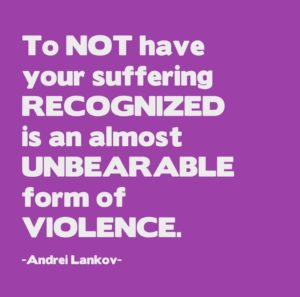Family estrangement is becoming talked about a lot more which I am very grateful for. I’ve been working with it a long time and have an older blog post here on scapegoating.
Estrangements are complicated and happen for many reasons.
Let’s focus on siblings.
In an ideal world your sibling is probably your first friend and playmate and the one who as you age knows all your history. Once parents pass away, they may be the only people in life that you can remember your childhood with who shared it.
In a lot of cases though things are not ideal. For some reason the sibling relationship doesn’t work well and in adulthood becomes distance.
It can be that the siblings just have very different lives as adults and drift apart, especially when there are no parents left acting as a bond.
In families with more difficult dynamics though it is probably more complicated.
This can be due to unresolved and unprocessed jealously from childhood which can fester. Children are very good at spotting and remembering injustice and different treatment and this can happen even in health families.
However, if the parents are dealing with unresolved issues these are likely to be passed down to the next generation.
I work with the golden child and scapegoated child dynamic a lot.
One or both parents will have a favoured, golden child who can do no wrong and/or another child who can do no right. This will create long term complications and severely impact the relationship between the siblings.
Contact between the siblings can be limited or non existent in later life due to it which can be a loss to both, but it can also encourage abusive behaviours as well.
Processing these experiences is painful as it can mean facing into and dismantling what was perceived as a happy family. Breaking the myth of the happy family can meet a lot of resistance; from others within the family unit and also outside observers.

